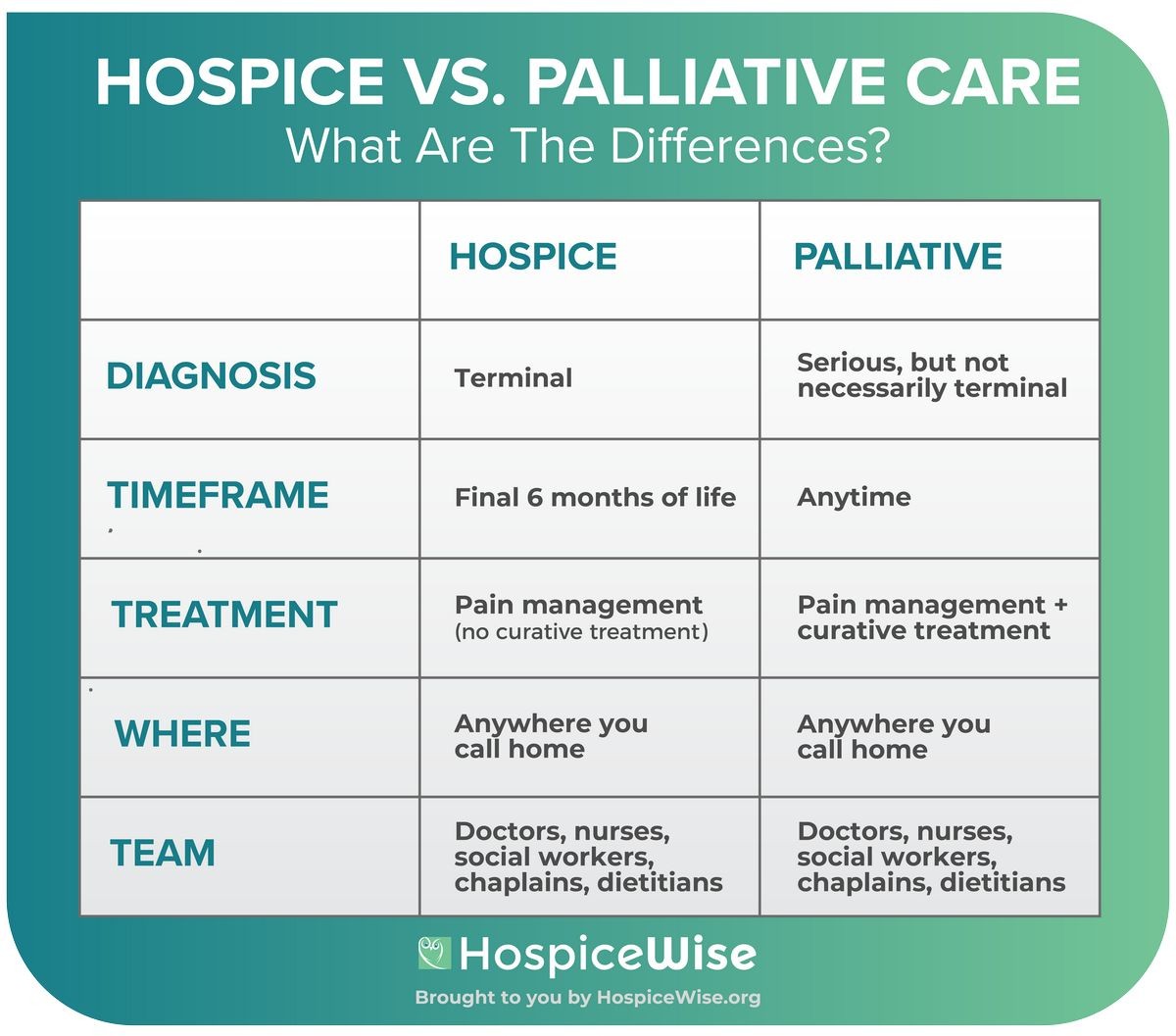
Contents
Does a Dying Person Know They Are Dying?
A dying person may know they are dying. Certain signs may be exhibited near the end of their life.
Death remains unconquerable. Everyone will die. But the when and how are uncertain.
A dying person can know if they are near death. Some experience hours of immense pain before dying, while others die quickly. This awareness of approaching death is most pronounced in people with terminal conditions like cancer. A person near death may have difficulty breathing and noisy secretions.
It is hard to know what a dying person experiences when they die. Doctors acknowledge the difficulty in predicting the last days or weeks of life. But what about survivors of near-death experiences? A survey was conducted to find out.
Researchers surveyed 140 cardiac arrest survivors from the United States, the United Kingdom, and Austria regarding their near-death experiences. Here is what they found:
- 39 percent of survivors reported feeling awareness while being resuscitated. They felt a peaceful sensation with a distorted perception of time.
- 13 percent said they felt that they separated from their bodies.
- Only 2 percent said they were fully aware during resuscitation.
What can be noticed in someone who is nearing death?
It is difficult to witness loved ones in the final stages of life. Here are the changes you may observe and ways to provide comfort:
- Loss of appetite
- A person in their final days often refuses food and drinks less.
- Offer popsicles and lip balm. Do not force them to eat or drink.
- Metabolism slows down and the person sleeps longer. Give them time to wake up.
- Activity decreases and the person becomes bedridden.
- Do not force them to move. Ask how you can help.
- The person spends less time with others and seeks solitude.
- Let them be alone. Share happy memories if they are open to it.
- Muscle and nervous system weakness lead to loss of control over bodily functions.
- Consider use of diapers and speak to the doctor about a urinary catheter.
- Terminal restlessness may cause confusion, irritability, and hallucinations.
- Offer calming gestures, like a hug or soothing music.
- Vital parameters shift as death approaches:
- Blood pressure lowers.
- Heart rate slows and becomes irregular.
- Body temperature drops, leading to cold hands and feet.
- Breathing becomes noisy and irregular. Cheyne-Stokes breathing may occur.
- Unconsciousness sets in minutes before death.
- Signs of death include:
- No heartbeat.
- No breathing.
- Fixed eyes.
- Partially opened eyelids.
Is palliative care the same as hospice?
Palliative care and hospice care aim to provide comfort in chronic illnesses.
Palliative care and hospice care provide comfort in chronic illnesses. Palliative care starts at diagnosis, while hospice care usually begins after treatment has stopped or when survival is unlikely.
What is palliative care?
Palliative care focuses on improving quality of life alongside curative treatment. It can be provided at any stage of a serious illness like cancer, AIDS, kidney disease, Parkinson’s, or Alzheimer’s.
- Palliative care does not replace other medical treatments. It helps individuals be as comfortable as possible.
- Palliative care is personalized and extends life expectancy while improving quality of life.
- A multidisciplinary team provides palliative care.
What is hospice care?
Hospice care is for people not expected to recover from their medical condition. The goal is to ease pain and help patients and their families prepare for the end of life. Palliative care is part of hospice care. Patients receiving hospice care are typically expected to live less than 6 months.
Hospice care can be administered at home or in specialized centers. It involves doctors, nurses, family, caregivers, counselors, and social workers. It addresses various issues, including grief. Both palliative care and hospice care offer pain relief medications.
Prescription opioids are appropriate due to the immense pain and suffering. They rarely cause addiction when used as directed. Opioids may cause drowsiness, nausea, and constipation, which usually improve over time.
By clicking Submit, I agree to the MedicineNet’s Terms & Conditions & Privacy Policy and understand that I may opt out of MedicineNet’s subscriptions at any time.
Medscape Medical Reference
Medscape Medical Reference


